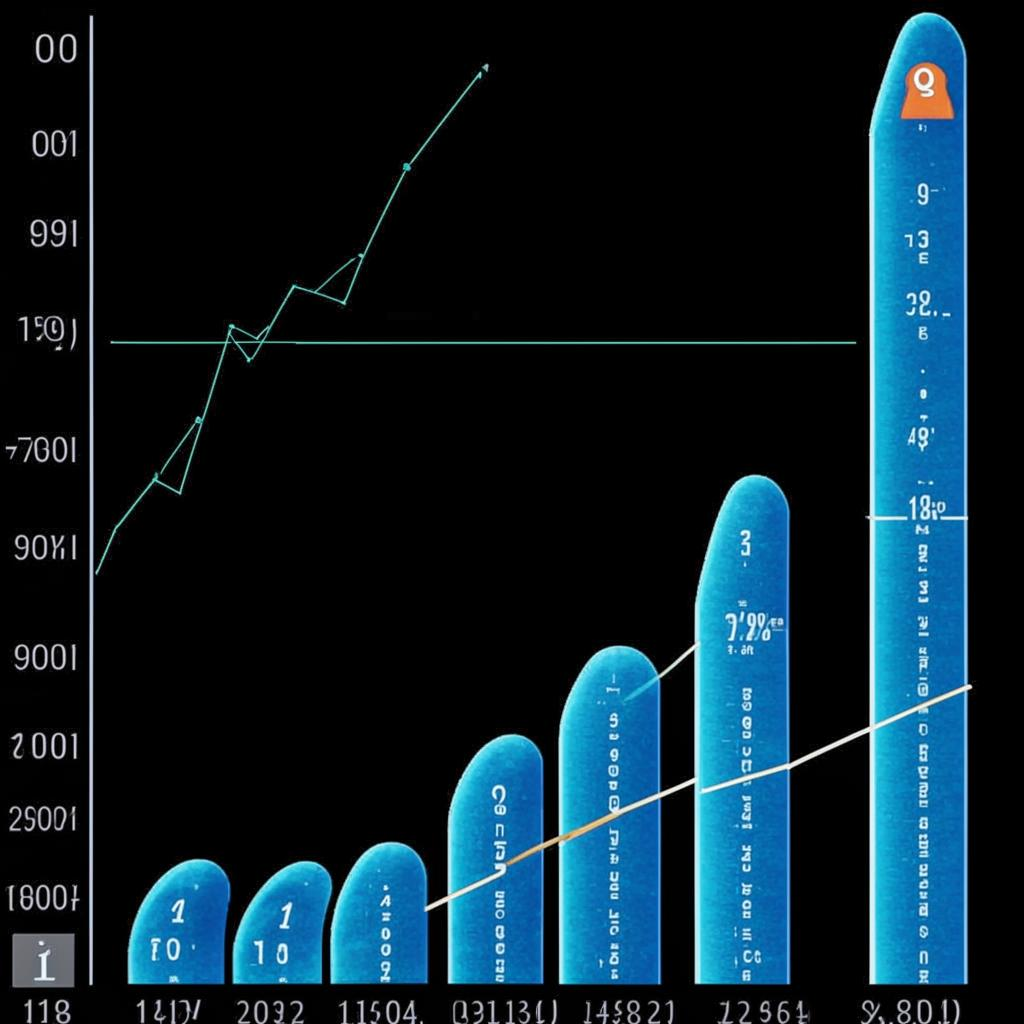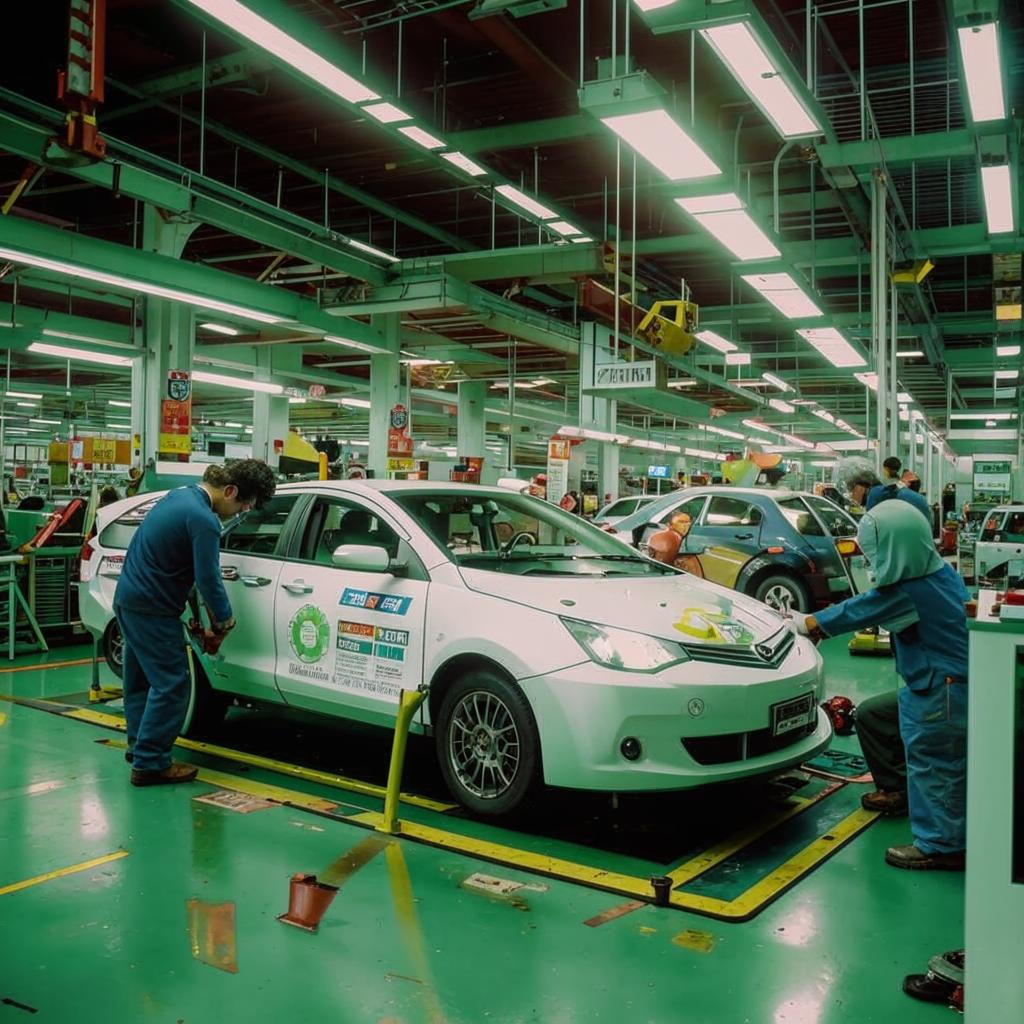China’s Huawei is reportedly mass-producing its Ascend 910C AI chip, a move signaling its intent to challenge Nvidia’s supremacy in the AI hardware market. This development, highlighted in a Wall Street Journal report, underscores China’s ambition to achieve self-sufficiency in crucial technology sectors amidst ongoing geopolitical tensions and export restrictions.
The Ascend 910C is designed to provide the computational power needed for demanding AI applications, including large language models, image recognition, and data analytics. While specific performance benchmarks are still emerging, industry analysts believe that Huawei’s chip represents a significant step forward for China’s domestic AI capabilities.
The production of the Ascend 910C is especially significant considering the U.S. government’s restrictions on the export of advanced semiconductors and related technologies to China. These restrictions have made it more difficult for Chinese companies to access Nvidia’s high-end AI chips, creating a vacuum that Huawei aims to fill. Huawei mass shipments of Ascend 910C AI chips to fill Nvidia void in China.
The success of the Ascend 910C will depend on several factors, including its performance relative to Nvidia’s offerings, its cost-effectiveness, and the availability of software and support ecosystems. However, the development itself demonstrates China’s determination to invest heavily in AI research and development and to create domestic alternatives to foreign technology. This could potentially reshape the global AI landscape in the coming years, fostering greater competition and innovation. The rise of Huawei in AI chip market will create more opportunities in the tech field, pushing other countries to invest more into the AI industry. Furthermore, this chip is a representation of the capability of China and the potential to lead the tech industry.















